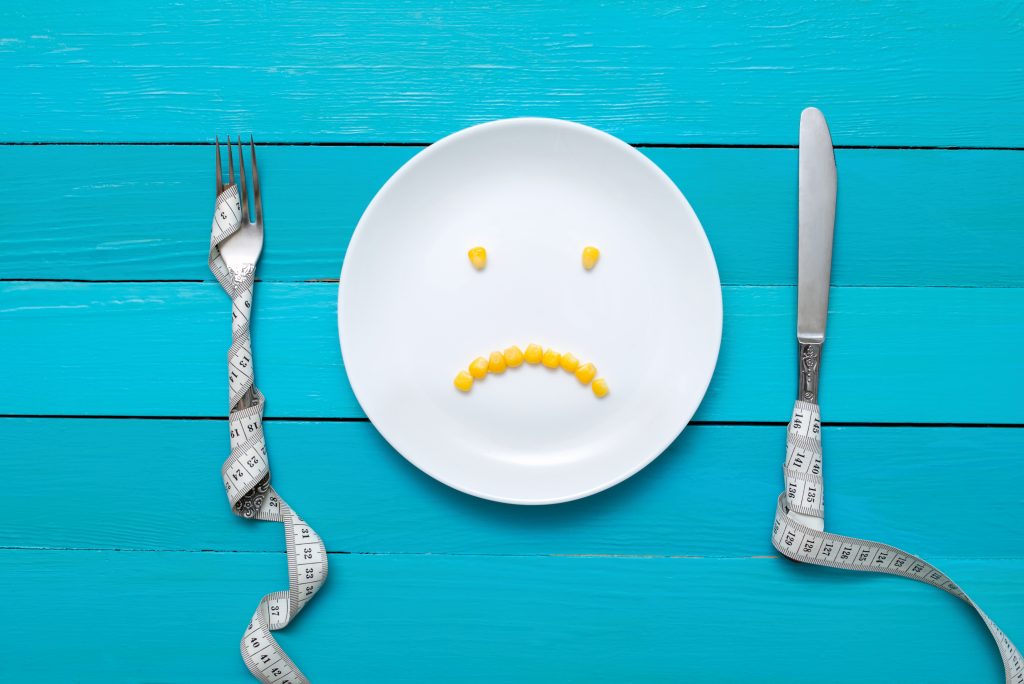Intro From TG: Anyone who’s read Simon Sinek’s book Start With Why will understand the significance and power behind the word “WHY.”
Before you can get at the crux of the HOW of any situation or goal (I.e., how can Tony better remember to not leave dirty dishes in the sink every night?) you need to have a firm grasp of the WHY (because he wants a happy marriage, and so that his wife doesn’t murder him in his sleep).
We’ve all heard the phrase…
…”You can’t out-train a poor diet.”
But why?
Why can’t we?
Today’s guest post from Boston-based personal trainer, Patrick Jennings, should help shed some context.

Why You Can’t Out-Train a Poor Diet
There are many sayings out there that hold merit within the health and wellness industry, one of which is the aforementioned ‘You cannot out train a bad diet’ and despite its popularity it’s often lacking the substance needed to drive home its importance.
When we exercise we place the body/ muscle under acute mechanical stress.
For example a squat (with adequate load and reps) will break down the muscle tissue with the overall goal of the muscle then adapting to the stress and being rebuilt better able to deal with the aforementioned stress (you get bigger, faster, stronger etc.)
In order for the muscle to adapt and grow it is a NECESSITY for it to have the adequate materials to build from.
You cannot expect someone to build a brick wall if all you provide is a handful of feathers, the same way you cannot expect a muscle to grow if you do not provide the necessary nutrients.
This is the exact reason why you can’t out train a bad diet.
I always tell my clients we are building a body you love not destroying one that you hate.
And with that in mind, we need to determine what does the thing I love need?
Day to day living coupled with an intelligent exercise program will require a diet that facilitates the energy requirements dictated by the body.
But what is a good or bad diet?
It can certainly be difficult to separate the truth from fiction and avoid information overload and paralysis by analysis. I have been told to avoid sugar, only eat fats, avoid fats, aspartame will make me grow horns and dairy will make me sexually attracted to cows!………
Note From TG: uhhhhhhhhh
What I believe is that a good diet adheres to the following fundamental principles:
- Balanced Kcal consumption appropriate to goals and individual.
- Inclusion of all macronutrients (albeit at varying percentages and preferences).
- Inclusion of all micronutrients.
- Consistency.
(*The only exception to these rules are anomalies, rare conditions or allergies)
One dictates body composition/ weight adhering to the scientific principles of Energy balance, two and three form the foundation of ‘vitality/ energy’ whereas four determines level of success and longevity.
When I sit down to discuss ‘diets’ with clients I am not necessarily referring to protocols, approaches or even the type of food you eat, but more so the current total composition of everything consumed and how this fits into the four foundations mentioned above.
My goal as a coach is to improve the health and wellness of each client with weight loss, improved physical adaptations and psychological adaptations being a positive byproduct.
It must be understood that, yes, you can work out and not have your nutrition dialed in and see results, the same way you could travel 10 miles walking in a straight line for 3.5 hours or do indirect loops and circles and eventually get there in 10.
A bad diet just slows down progress and in some cases counteracts the hard work you may be doing in the gym where as an intelligent, manageable and appropriate diet can streamline the journey to desired results.
What will ultimately determine success is having a true understanding of how badly you want to get to your ‘destination’ or desired state and how you willing you are to focus for an extended period of time to get there?




